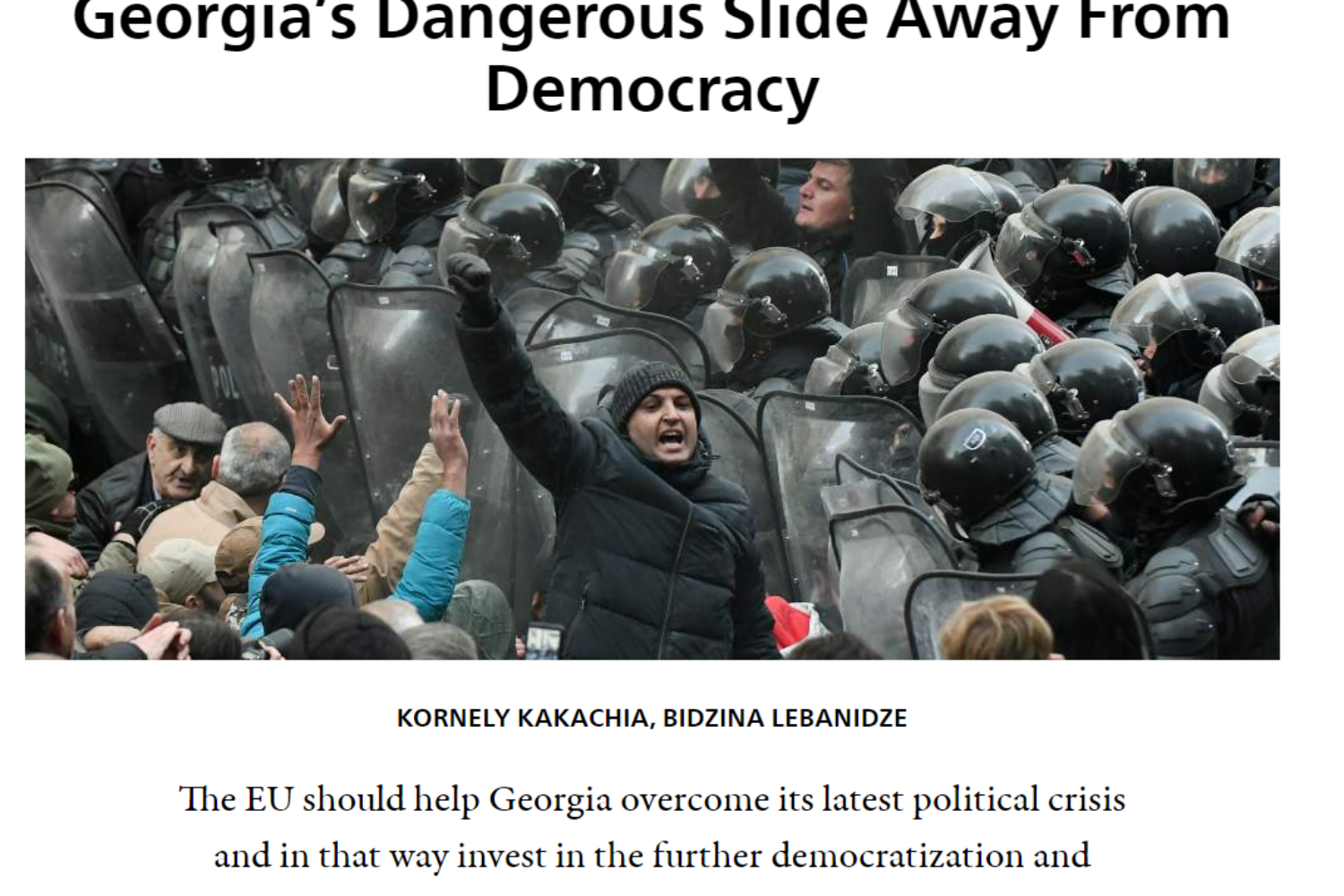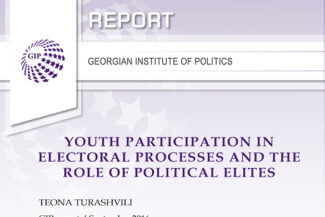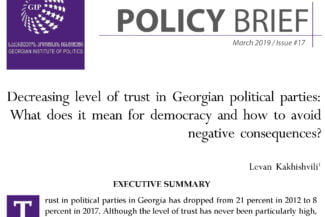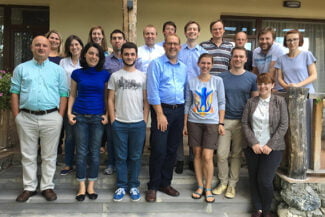12-12-2019
Originally published by Carnegie Europe
It’s a repetition Georgia could do without.
This strategically important country in the Caucasus has been beset by yet another political crisis. This time, the catalyst was the government’s failure to follow through on its promise to reform Georgia’s electoral system.
On November 14, with 101 votes in favor and three against, the Georgian Parliament voted down a bill that would have replaced the country’s mixed electoral system with a fully proportional one before next year’s parliamentary election.
The reform, initially proposed as a solution to previous political crises, had been hailed by international and domestic observers as a key step toward the consolidation of Georgia’s struggling democracy.
The decision by Georgian Dream, the ruling party, to allow the vote to fail provoked an immediate reaction both in and outside the country. It also created even more political frustration domestically and internationally. The opposition and youth movements have been on the streets demanding the reversal of the decision and have called for snap elections. The government’s position remains unchanged.
This electoral reform is very important. If implemented, it’s a chance to consolidate Georgia’s democracy. The country has often been hailed as a democratic frontrunner in the region. Yet twenty-eight years after independence, it has never managed to consolidate its democratic structures and at best remains a hybrid regime.
Apart from the politicized judiciary, the ruling party’s extensive access to state resources, and the executive-dominated vertical of power, the mixed electoral system is considered to be the main reason behind Georgia’s single-party tradition.
This is because such a system always makes it easy for the ruling party to throw its consolidated support behind its candidates in the seventy-three single-member districts—which make up almost half of the 150-seat parliament—in order to defeat opposition candidates.
As a result, Georgian Dream, in power since 2012, received 48.68 percent in 2016 in proportional elections, but nonetheless managed to take 115 of the total 150 seats due to the overwhelming victory of Georgian Dream candidates in the single-member districts.
The majoritarian system was used by previous governments under Mikheil Saakashvili and Eduard Shevardnadze to ensure their supermajority in the parliament. This is why the reform of electoral legislation is the key to escaping the vicious circle of one-party politics and establishing European-style multiparty and consensus-based democracy.
Georgia’s reforms and its democratic success matter for the EU for three reasons.
Read More (C) Carnegie Europe
Kornely Kakachia is the director of the Georgian Institute of Politics.
Bidzina Lebanidze is a senior analyst at the Georgian Institute of Politics.









